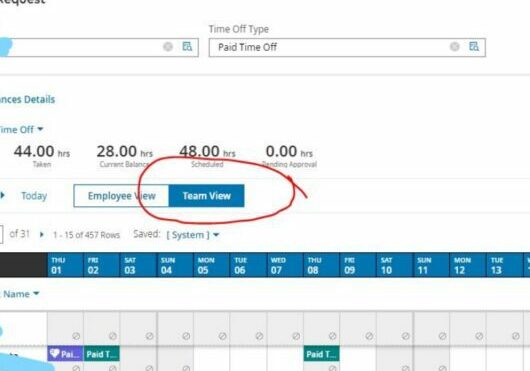HR Q&A – Do We Need to Pay Summer Interns?
by Paul Devlin

In recent years, internships have become a critical stepping stone for individuals entering the workforce. They offer invaluable experience, networking opportunities, and a glimpse into various industries. However, one question frequently arises for employers offering these positions, especially during the summer months: Do we have to pay summer interns? The answer isn’t as straightforward as a simple yes or no, as it involves navigating a complex web of legal requirements, ethical considerations, and strategic business decisions.
Legal Requirements
The Fair Labor Standards Act (FLSA)
In the United States, the Fair Labor Standards Act (FLSA) establishes the criteria that differentiate between an intern and an employee. According to the FLSA, if an intern is classified as an employee, they must be compensated. The U.S. Department of Labor uses the “primary beneficiary test” to make this determination, which considers several factors such as:
- The extent to which the intern and employer understand there is no expectation of compensation.
- The educational benefits provided to the intern.
- The alignment between the internship and the academic calendar.
- The intern’s contribution to the company’s operations versus the benefits they receive.
Ethical Considerations
While staying within legal boundaries is essential, ethical considerations also play a significant role in the decision to pay interns. Unpaid internships can limit opportunities to those who can afford to work without compensation, effectively excluding talented individuals facing financial constraints. Offering fair compensation ensures inclusivity, enhancing your company’s reputation and attracting a diverse talent pool.
Advantages and Disadvantages of Paying Interns
Advantages
- Attracts More Qualified Candidates: Offering a stipend or salary makes your internship more appealing, attracting a wider and more skilled applicant pool.
- Increases Commitment: Paid interns are often more committed and motivated, as they feel valued and respected for their contributions.
- Promotes Diversity: By paying interns, you level the playing field, allowing individuals from various socio-economic backgrounds to participate.
- Enhances Employer Brand: Companies known for treating interns well gain a positive reputation, making it easier to attract top talent in the future.
Disadvantages
- Financial Constraints: For startups and small businesses, budget restrictions might make it challenging to offer paid internships.
- Administrative Burden: Paying interns involves additional paperwork and compliance with labor laws, adding to the administrative workload.
Making the Best Decision
When deciding whether to pay summer interns, consider the following steps:
- Review Legal Requirements: Ensure compliance with local and national laws governing internships and employment.
- Assess Your Capabilities: Evaluate whether your company can afford to pay interns. If not, consider offering other forms of compensation, such as travel stipends or meal allowances.
- Consider the Internship’s Value: If the intern will be contributing significantly to your operations, compensation is a fair expectation.
- Reflect on Ethical Implications: Weigh the ethical considerations and how they align with your company’s values and culture.
Offering internships—paid or unpaid—is a significant responsibility that goes beyond mere legal compliance. It’s about shaping the future workforce, providing meaningful learning opportunities, and reflecting your company’s values through your actions. By carefully considering the legal, financial, and ethical aspects of intern compensation, you can make informed decisions that benefit both your organization and your interns.
Remember, the goal of an internship is to provide a mutually beneficial experience. By ensuring that your program is designed with both your needs and those of your interns in mind, you can foster a positive and productive environment that prepares the next generation for success in their careers.
This article does not constitute legal advice. For more information please reference related articles in your APlus HR resource center or ask your friendly APlus CSS about our On-demand HR live advice line where, for a small fee, you can be connected to a certified HR advisor.



